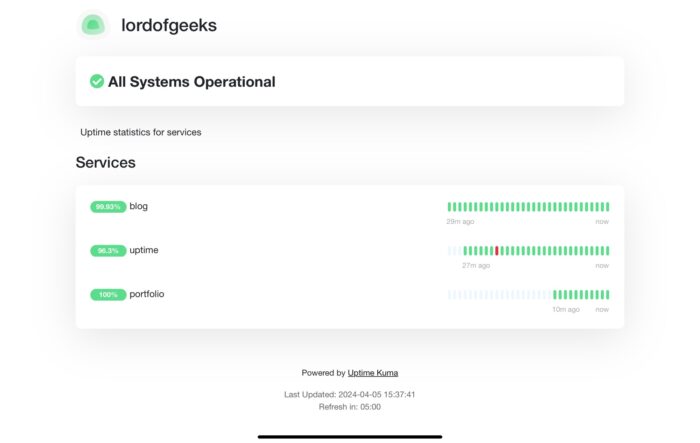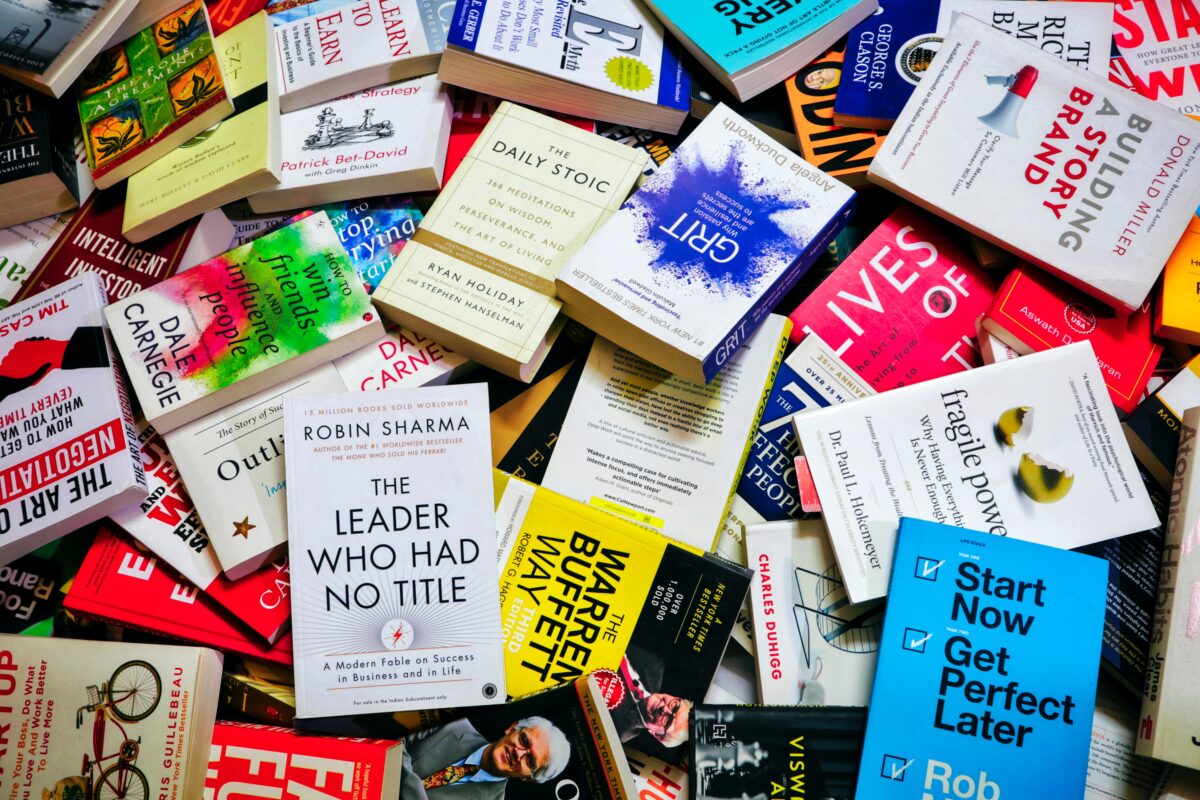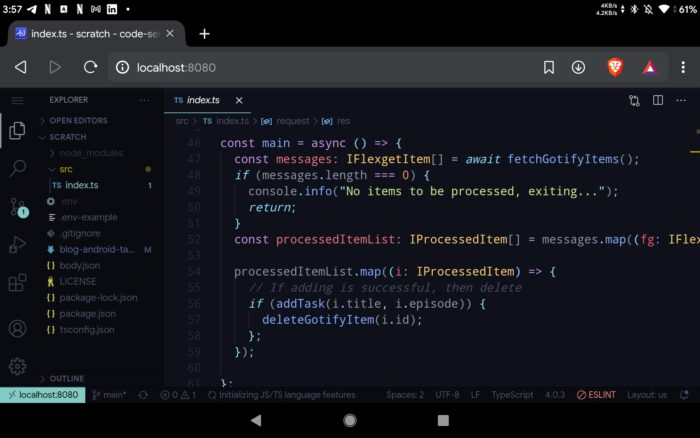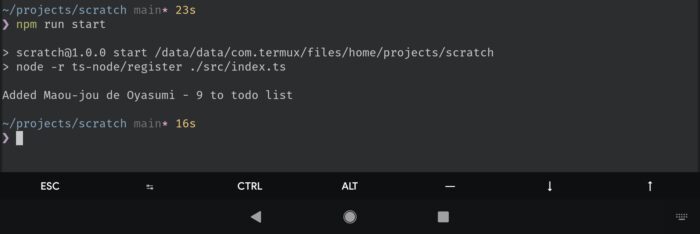Thoughts from this year’s reservice, unlike one of the past years where I was focused on being a mobile warrior; this time I was more focused on reading and catching up on all the books that I’ve loaded into my kindle but I haven’t made time for.
Naturally, my army mates saw the kindle got curious about what books I’ve been reading, so I started sharing some of the things I’ve learnt over the past couple of months, and also shamelessly plugging some of the reflection that I’ve written previously.
This was when I got the feedback of: “I’ve always thought that self-help books are useless because the things they say are pretty much common sense, what’s the point of reading it?”. I absolutely agreed with that sentiment because that was exactly how I felt when I started reading these type of books. However, the more I read, the less skeptical I became about this whole idea of self-help.
What I’ve learnt from these self-help books is mainly about building distinctions. What are distinctions? It is the ability to distinguish one thing from another. e.g. how do you distinguish an apple from an orange? Or harder distinctions like fuscia vs hot pink colors. It’s about how we see the world very differently from one another, even if we are looking at exactly the same thing. For example, what I am able to distinguish from looking at a fish is very different from what a sushi chef. It’s because the chef has built distinctions that I just couldn’t see; i.e. the intricate breakdown of the fish parts, whether it’s tasty or not.
Similarly, as long as all the “common sense” remain as concepts or thoughts in my head without actualizing into tangible forms like words, it remains a fleeting idea that I would have a really hard time distinguishing in real life. This is a huge part of why I enjoy writing. Writing has always helped to organize the thoughts in my head, because what makes sense in my headspace is ephemeral. If I’m not able to communicate that to anyone else, it remains as this abstract cloud of energy in my head. Consequently, being able to form words that can translate sensibly in someone else’s head is a whole other challenge on it’s own.
I have found that many of these self-help books have concepts that are extremely similar to one another, twins in some cases, cousins in others, but they are definitely in the same family. In my private reflections, I often find myself referencing similar key points from various books. This drives home the point that when the same concepts are communicated with a different choice of words, it gives the concept a slightly different meaning. I believe that there really is a subtle difference in how the authors understood these concepts from one another. Thus when I attempt to explain it to others, I will probably form a different string of words due my own (and slightly different) understanding of the concept.
Another enlightening moment came when I was explaining the books to my friend. It is the old adage “teaching someone else is the best way to learn“. Yes, the adage makes intuitive sense. Yes, I’ve experienced this phenomenon before. But this is the first time I’ve felt as if I’ve understood it. The examples I’ve written above is a direct result of my attempts to explain the books to my friend. It seems only through the act of actually teaching others over and over that you tangible-lized these concepts into something that only you yourself can access. It’s really one of those “you’ll get it once you do it” type of situations.
And now I have reached the part where I have no idea how to end this post off because I am writing this in a spur of inspiration. So, I’ll summarize with the few points I was trying to make
- Give self-help books a open-minded shot even though it might seem like common sense, it’s not that I doubt you are a perfectly well-adjusted human being, but.. where’s the harm in trying to be better?
- Communication is hard, you’re essentially trying to use a tangible medium to relay your intangible thoughts
- Forming distinctions is how we can differentiate things, so form as many as you can
- Teaching others is really the best way to learn













